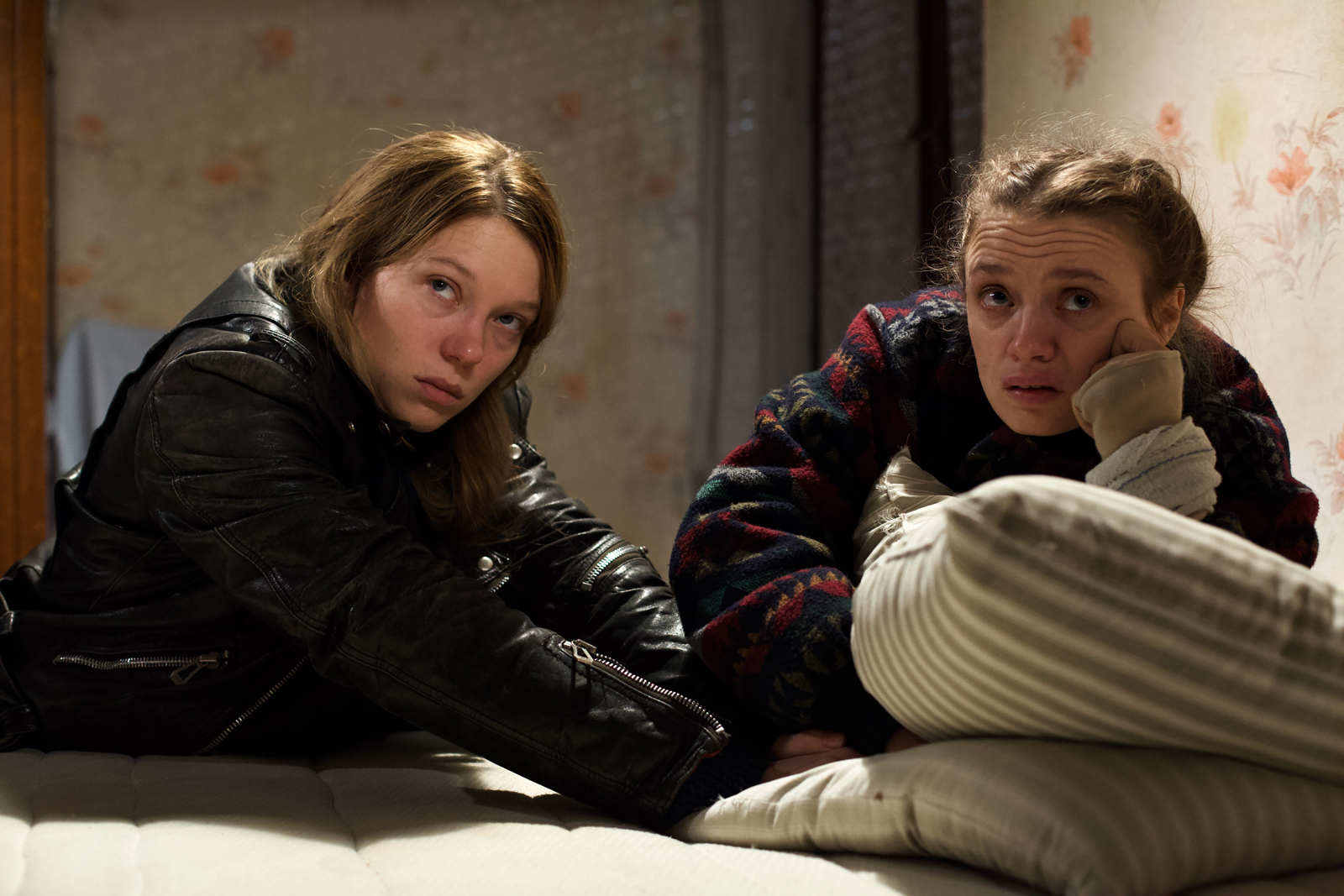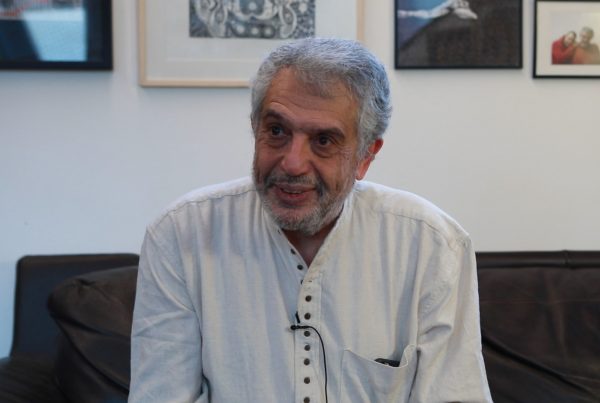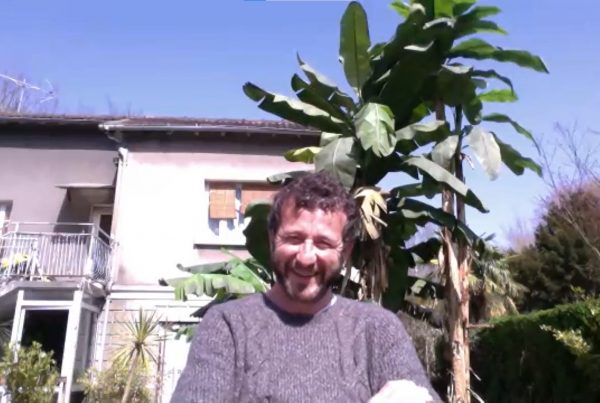Oh, Mercy! – Thou shall not kill.
With Oh, Mercy! , Arnaud Desplechin goes back to his hometown and immerses us in a dark investigation, amidst intriguing religious undertones. Decryption.
By Lisa Muratore
![]() Reading time 4 min.
Reading time 4 min.
Showcased during Cannes Film Festival earlier this year and inspired by a small news from 2002*, Oh, Mercy! Is an opportunity for the director of Les Fantômes d’Ismaël, dabble in the polar genre.
From the start, we are at the heart of Roubaix’s police station. Following the daily routine of the police chief Daoud, played by Roschdy Zem and his new recruit, Coterelle, portrayed by Antoine Reinartz ( 120 Beats per Minute…). During an investigation, they enconter Marie and Claude, a couple suspected for the murder of an eighty years old neighbour.

Thou shall not kill commands the Bible.
Thou shall not kill commands the Bible. Yet, these two young women committed the cardinal sin, many religious connotations are hinted at in the movie. Wether they are unplanned or composed, the director scattered many clues. Starting with the main duo, Marie (Sarah Forestier) and Claude (Léa Seydoux). The former has the name of the Holy Mother and tries to find redemption in her confessions, whereas the latter is a manipulative lier. Without any hesitation, like Judas, she will put the blame on Marie for the whole crime only to wash away any suspicion. Their relation is marked by with domination, which was interesting — sometimes frustrating — to see on screen between two women.
Their interrogations — which take up a lot of the movie — are shown like a form of confession. Here, Chief Daoud takes on the role of a priest : wise, human and calm, he listens without any judgment as the couple expiate their sin. Visually, the link between religion and polar can be seen when Claude stands against the fence of the police car, reminiscent of the fence of a confessional.
Desplechin choses to interweave significations and interpretations. Far from Eden, the director depicts a dark and complex city. The polar genre allows him to paint a rich and contrasted portrait of Roubaix, deepened by the soundtrack, written by Grégoire Herzel who talked to us about his work on the movie during Cannes Film Festival . The color editing of the film also dares references to fire and Hell: as early as the opening scene, with a car on fire or during a nocturnal dialogue between Daoud and Coterelle on the roof the the police station, where they contemplate the whole illuminated city. We can feel Desplechin’s commitment towards this Roubaix that saw him grow up, but which became since then one of the poorest cities in France. He succeeded in using the codes of the polar genre, adding some melancholy and sensitivity, delivering a movie full of spirituality.
*Roubaix, Central Police Station, current affairs, exceptional documentary from Mosco Boucault,
Voir aussi


